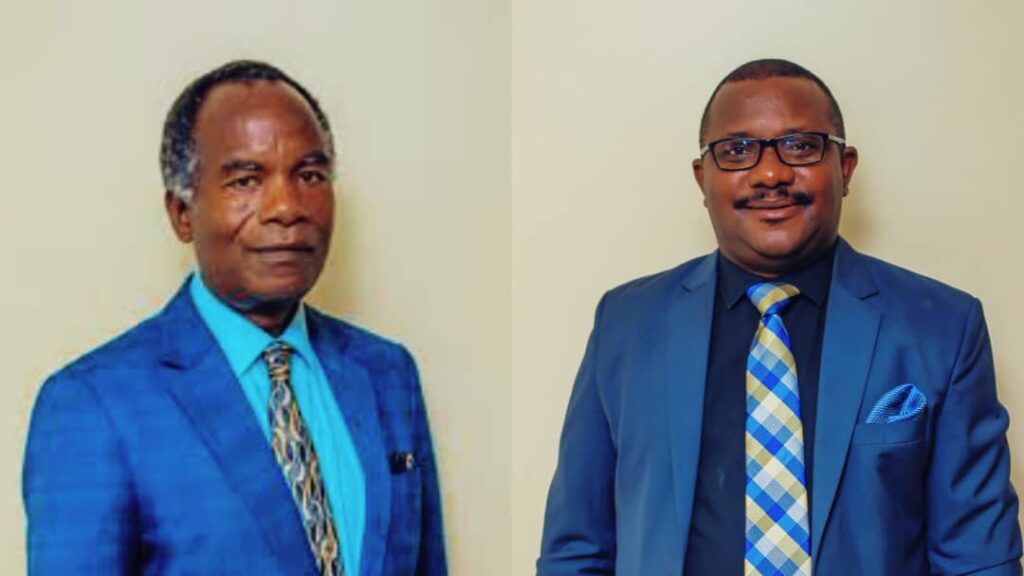
In a surprising turn of events, the Malawi Assemblies of God has made a dramatic leadership change, removing their young president, Dr. Andrew Dube, and appointing an older figure, Rev. Benito Chisamba, to lead the organization. The decision has sparked debate and raised eyebrows within the church community and beyond, as Dr. Dube, a dynamic leader from the northern region of Malawi, was replaced by Rev. Chisamba, a seasoned pastor hailing from the Central Region.
The sudden leadership shift has caught many by surprise, given Dr. Dube’s reputation as a progressive and forward-thinking leader who had earned the respect of both the clergy and the congregation during his tenure. Dr. Dube, who also served as the Chancellor of Malawi Assemblies of God University (MAGU), was known for his youthful energy and vision for modernizing the church’s approach to ministry and education.
However, the church’s decision to replace Dr. Dube with Rev. Benito Chisamba, an older and more traditional leader, has led to speculation about the underlying reasons for this change. Some insiders suggest that the move was influenced by regional politics within the church, with a desire to shift the leadership back to the Central Region after years of northern influence. Others believe that Rev. Chisamba’s experience and long-standing ties within the church hierarchy made him a safer choice to steer the church through uncertain times.
Rev. Benito Chisamba, now the new President of the Malawi Assemblies of God and Chancellor of MAGU, brings decades of experience to the table. Known for his conservative values and deep-rooted connections within the church, Rev. Chisamba has already outlined his vision for the future, emphasizing a return to traditional teachings and a stronger focus on the church’s foundational values.
The announcement of Rev. Chisamba’s appointment was met with mixed reactions. While some members of the congregation welcomed the change, praising Rev. Chisamba’s wisdom and experience, others expressed disappointment at the departure of Dr. Dube, who they saw as a breath of fresh air for the church and its educational institutions.
Critics argue that this change signals a step back for the church and the university, potentially stalling the progress made under Dr. Dube’s leadership. “It’s like they took a step back into the past,” said one church member, who wished to remain anonymous. “We were moving forward with new ideas, new energy, and now it feels like we’re going backward.”
Supporters of Rev. Chisamba, however, argue that his steady hand and deep understanding of the church’s history are exactly what is needed to maintain unity and uphold the church’s core values. “Rev. Chisamba has the experience and the wisdom to guide us through these challenging times,” said a long-time member of the church council.
As the dust settles on this unexpected leadership change, all eyes are on the future of Malawi Assemblies of God and its university. Will Rev. Chisamba be able to bridge the divide and bring together the different factions within the church? Or will Dr. Dube’s departure signal a shift away from the modernization efforts that had begun to take root?
Only time will tell if this bold move will strengthen the church’s unity or deepen existing divides. The congregation and stakeholders are eager to see what lies ahead under the new leadership of Rev. Benito Chisamba. One thing is certain: the future of the Malawi Assemblies of God is at a crossroads, and the choices made now will shape the church for years to come.

